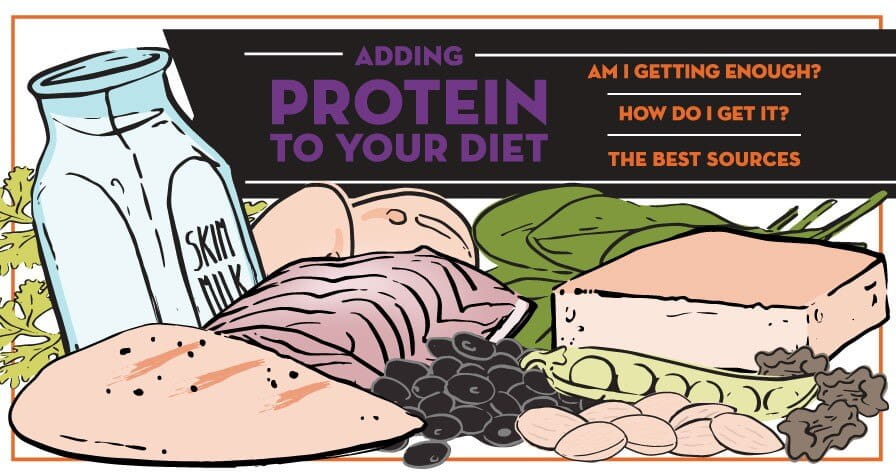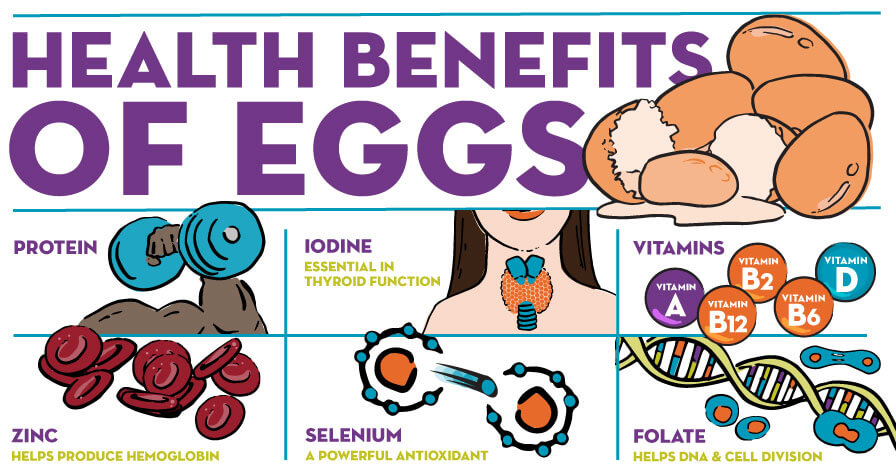Can Vegetarians Get the Protein They Need from Plants?

People who follow a vegetarian diet may enjoy a number of health benefits, from losing excess weight to decreasing their risk of heart disease. However, one important consideration with a vegetarian diet is getting enough protein.
Protein is a macronutrient that’s critical to a wide range of functions in the body. This includes building and maintaining muscle mass and producing enzymes, hormones, and neurotransmitters. You also need adequate protein in order to support healthy skin, hair, and nails.
Can you get all the protein you require from a plant-centered diet? Or, do you need a protein supplement? In short, it’s not hard to consume adequate amounts of protein, as long as you know where it comes from.
How Much Protein Does a Person Need?
According to the nutrient recommendations from the Food and Nutrition Board of the Institute of Medicine, the National Academy of Sciences, the DRI (Dietary Reference Intake) is 0.36 grams per pound of body weight. This comes out to:
- 56 grams per day for the average sedentary man
- 46 grams per day for the average sedentary woman
These totals are the minimum amount of protein needed for an average person. Your specific protein requirement has to take into account a number of factors including your age, activity level, and amount of muscle mass.
Extra Sources of Protein for Vegetarians
Knowing how much protein is in the foods you eat can help you ensure that you’re getting enough of the body’s “building blocks.” Here are some options for your plant-based diet:
- Lentils. These members of the legume family provide 18 grams of protein per cooked cup. They work well in salads, soups and other meals.
- Tofu, edamame, and tempeh. These foods from soybeans have 10-19 grams of protein per 3.5 ounces. That fact and their appealing flavor are two reasons why they’re used in many vegetarian dishes.
- Green peas. A staple in many American diets even before vegetarianism was common, peas contain nine grams of protein per cooked cup. They’re rich in a wide variety of other important nutrients as well and can be used in a wide range of recipes—not just as a side dish.
- Soy milk. Made from soybeans fortified with vitamins and minerals, soy milk is used as an alternative to cow’s milk. Soy milk contains seven grams of protein per cup and can be consumed as a drink or used in recipes.
- Oats and oatmeal. With six grams of protein per half cup of dry oats, they’re a great way to add protein to your diet either whole or ground into flour for baking.
These are, of course, just some of many plant-based foods that are good sources of protein. As long as you‘re including these and other protein-rich options in your diet, you should have no need for protein supplements.
Talk with a Baptist Health Physician About Your Nutritional Needs
If you have concerns about your nutrition or are considering adopting a vegetarian diet and have questions, your Baptist Health physician is happy to answer them and/or connect you with helpful resources. Make an appointment with a doctor in your area.



